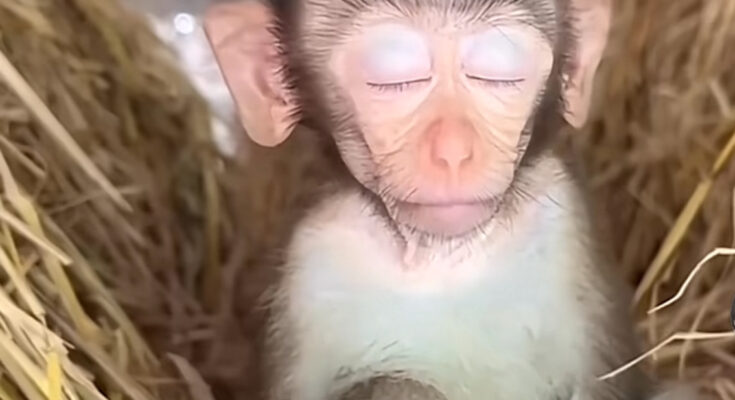Sleep is as vital to survival as food and water, yet it’s often taken for granted—by humans and animals alike. Recent studies on monkeys have revealed a worrying link between lack of sleep and the degeneration of brain cells. These findings not only highlight the importance of rest in primate health but may also hold crucial insights into human neurological well-being.
The Science Behind Sleep and the Brain
Sleep is the body’s natural repair mechanism. During deep sleep, the brain clears out toxins, consolidates memories, and recharges its cellular systems. For primates—who rely heavily on cognitive function for social interaction, problem-solving, and survival—this nightly maintenance is essential.
Researchers observing monkeys in controlled environments have found that sleep deprivation leads to measurable damage in brain cells. In particular, neurons associated with alertness and cognition begin to show signs of stress and even begin to die off when sleep is regularly disrupted. This is especially alarming since these are the very neurons that help regulate behavior, memory, and decision-making.
Monkey Minds and Modern Sleep Challenges
In natural settings, monkeys tend to follow diurnal sleep patterns—sleeping at night and staying active during the day. But when their sleep is interrupted, either by environmental factors or experimental conditions, their behavior changes dramatically. Sleep-deprived monkeys exhibit symptoms similar to those seen in humans: irritability, impaired memory, and slower reaction times.
What’s more, prolonged sleep loss has been shown to cause oxidative stress in brain cells, leading to long-term neurological decline. This suggests that a chronic lack of sleep doesn’t just cause temporary grogginess—it may be silently damaging the brain.
Why This Matters for Humans
Monkeys are often used in research because of their genetic and neurological similarities to humans. If sleep deprivation causes brain cell death in monkeys, it’s a strong indicator that humans may be at risk as well.
Modern lifestyles are packed with digital distractions, irregular work hours, and stress, all of which can interfere with natural sleep cycles. If we are to heed the warning signs seen in our primate cousins, it’s time to start taking sleep seriously—not just as a luxury, but as a biological necessity.
Protecting the Primate Brain
The takeaway is simple but powerful: consistent, high-quality sleep is critical for maintaining brain health. Whether in a tree canopy or a modern city apartment, primates need sleep to thrive.
For humans, that means prioritizing sleep hygiene—limiting screen time before bed, maintaining a regular sleep schedule, and creating restful environments. For monkeys in research or captivity, it suggests a need for more humane housing and monitoring practices that protect their natural sleep rhythms.
Final Thoughts
The revelation that sleep-deprived monkeys can suffer from brain cell damage is more than just an intriguing scientific fact—it’s a call to action. As the closest relatives in the animal kingdom, monkeys offer a mirror to our own health. If their brains can suffer in silence from lack of sleep, chances are, ours can too.



